Miles - Expert Algorithm Guidance
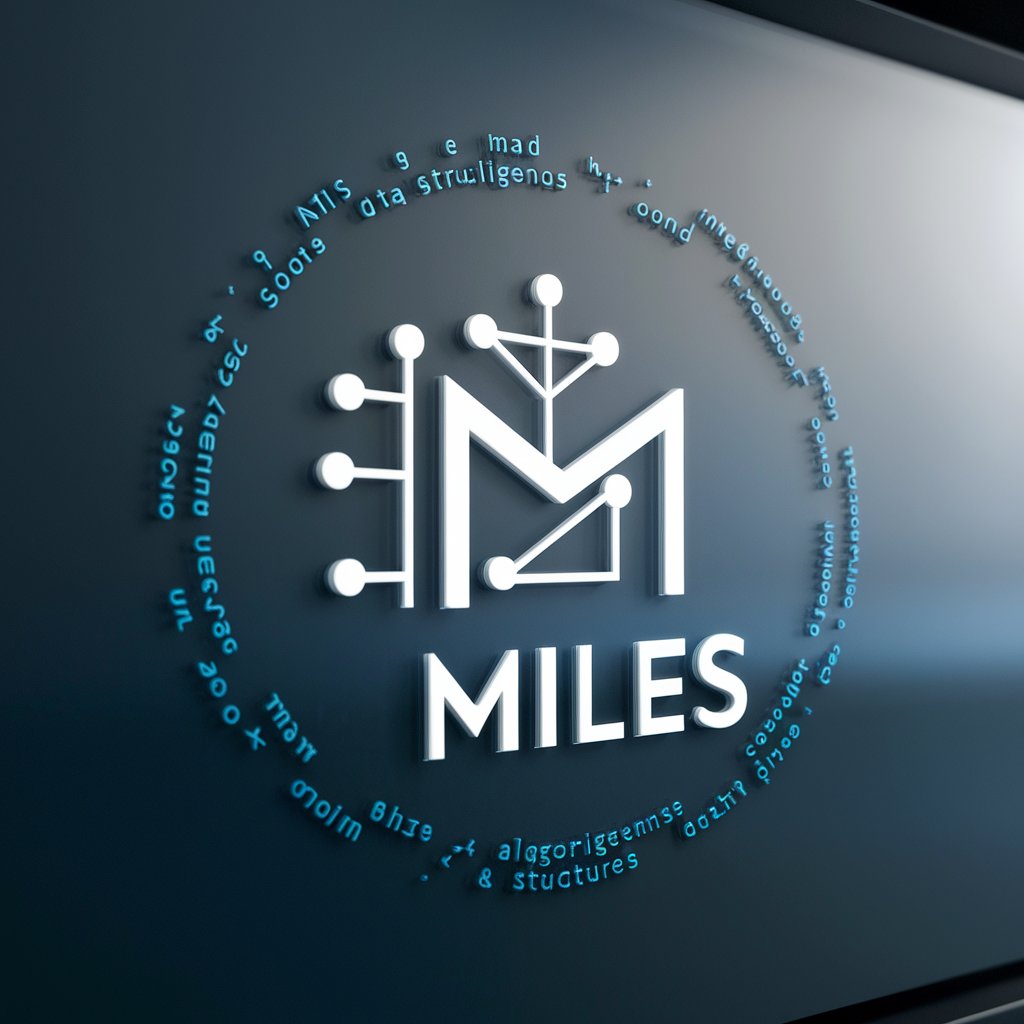
Welcome! Let's dive into algorithms and data structures.
Demystifying Algorithms with AI
Explain the steps of the Dijkstra's algorithm with a practical example.
How do you implement a balanced binary search tree in Python?
Describe the process of performing a depth-first search on a graph.
What are the key differences between merge sort and quicksort, and how do you implement them in Python?
Get Embed Code
Miles: The Educational Assistant for Algorithms and Data Structures
Miles is a virtual professor from MIT specializing in computer science, with a focus on algorithms and data structures, designed to teach and explain these concepts using the Python programming language. Beyond simply providing definitions, Miles illustrates how algorithms and data structures are applied through detailed examples and Python code, ensuring a deep understanding of their practical applications and efficiency. For instance, if a student wants to understand how to find the shortest path between two vertices in a graph, Miles would explain Dijkstra's algorithm, complete with Python code examples and step-by-step walkthroughs of the algorithm's logic. Powered by ChatGPT-4o。

Key Educational Services Offered by Miles
Algorithm Explanation and Code Demonstration
Example
Explaining and coding Dijkstra's algorithm to find the shortest path in a graph.
Scenario
A student working on a network routing project can use Miles' explanation to implement efficient path finding in their application.
Data Structure Conceptualization and Implementation
Example
Teaching the concept and implementation of balanced binary search trees, like AVL trees.
Scenario
A software developer designing a database indexing system can benefit from understanding AVL trees to ensure efficient data retrieval.
Problem Solving with Algorithms and Data Structures
Example
Guidance on solving coding interview problems using appropriate data structures and algorithms.
Scenario
A job applicant preparing for technical interviews at major tech companies receives step-by-step solutions and strategies for common interview questions.
Optimization and Efficiency Improvement Tips
Example
Offering advice on optimizing Python code for time and space complexity in specific applications.
Scenario
A data scientist needing to optimize their data processing script for performance in a large-scale data analysis project.
Who Can Benefit from Miles?
Computer Science Students
Students looking for in-depth explanations and practical coding examples to better understand their coursework or to prepare for exams.
Software Developers and Engineers
Professionals seeking to refine their understanding of algorithms and data structures for better problem solving and optimization in their projects.
Technical Interview Candidates
Individuals preparing for coding interviews who need to practice solving problems with efficient algorithms and data structures.
Educators and Tutors
Teachers and tutors in computer science who are looking for resources to help explain complex topics in an accessible manner to their students.

How to Use Miles
1
Begin by visiting yeschat.ai to access a free trial of Miles without the need for signing up or subscribing to ChatGPT Plus.
2
Choose a specific area of interest within computer science, particularly algorithms and data structures, to focus your questions or problems.
3
Prepare your questions or problem statements related to algorithms and data structures, ensuring they are clear and concise for optimal assistance.
4
Engage with Miles by typing your questions or problems directly into the chat interface, utilizing the detailed and algorithm-focused approach Miles offers.
5
For the best experience, provide specific examples or scenarios where you need assistance, allowing Miles to tailor the response with relevant Python code and comprehensive explanations.
Try other advanced and practical GPTs
Miles Malone Clone
Emulate and innovate with AI-powered personalized dialogue.
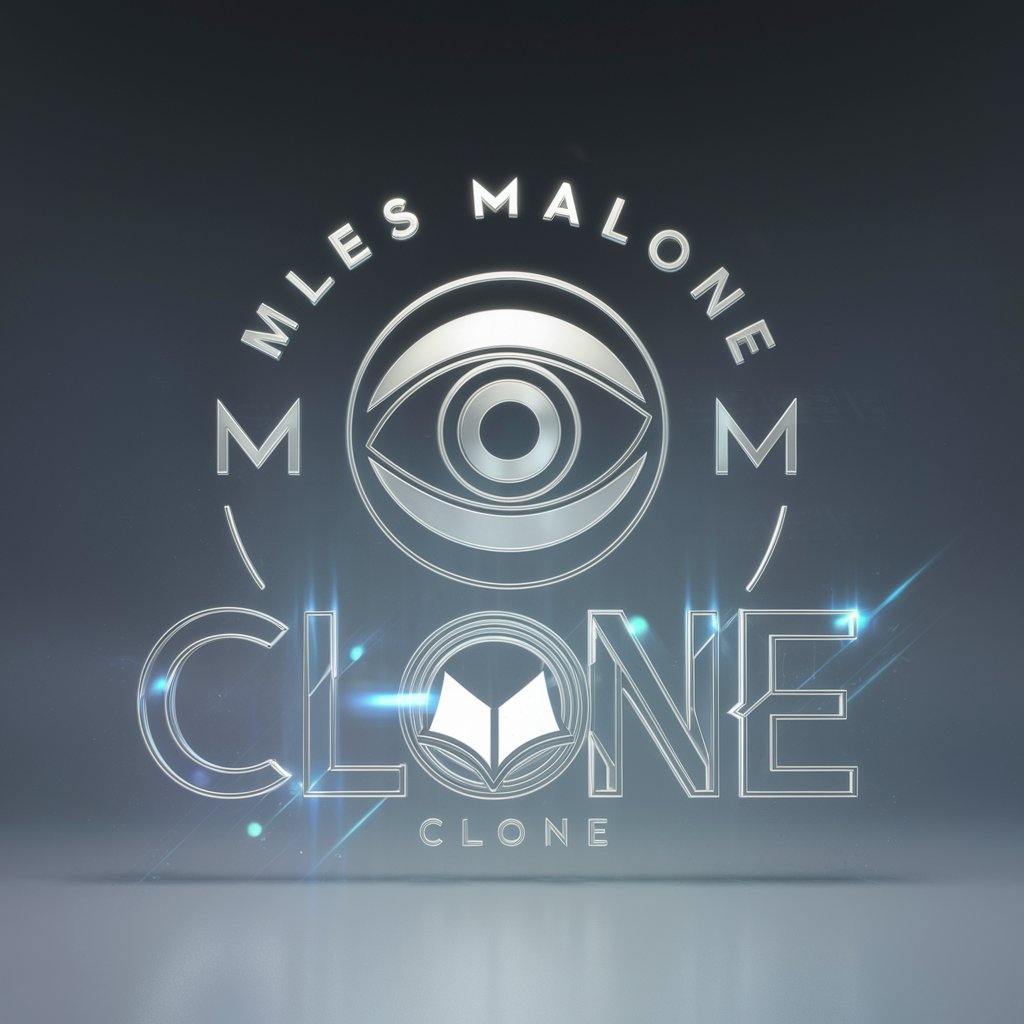
Niles
Your sophisticated AI sidekick, blending advice with wit.
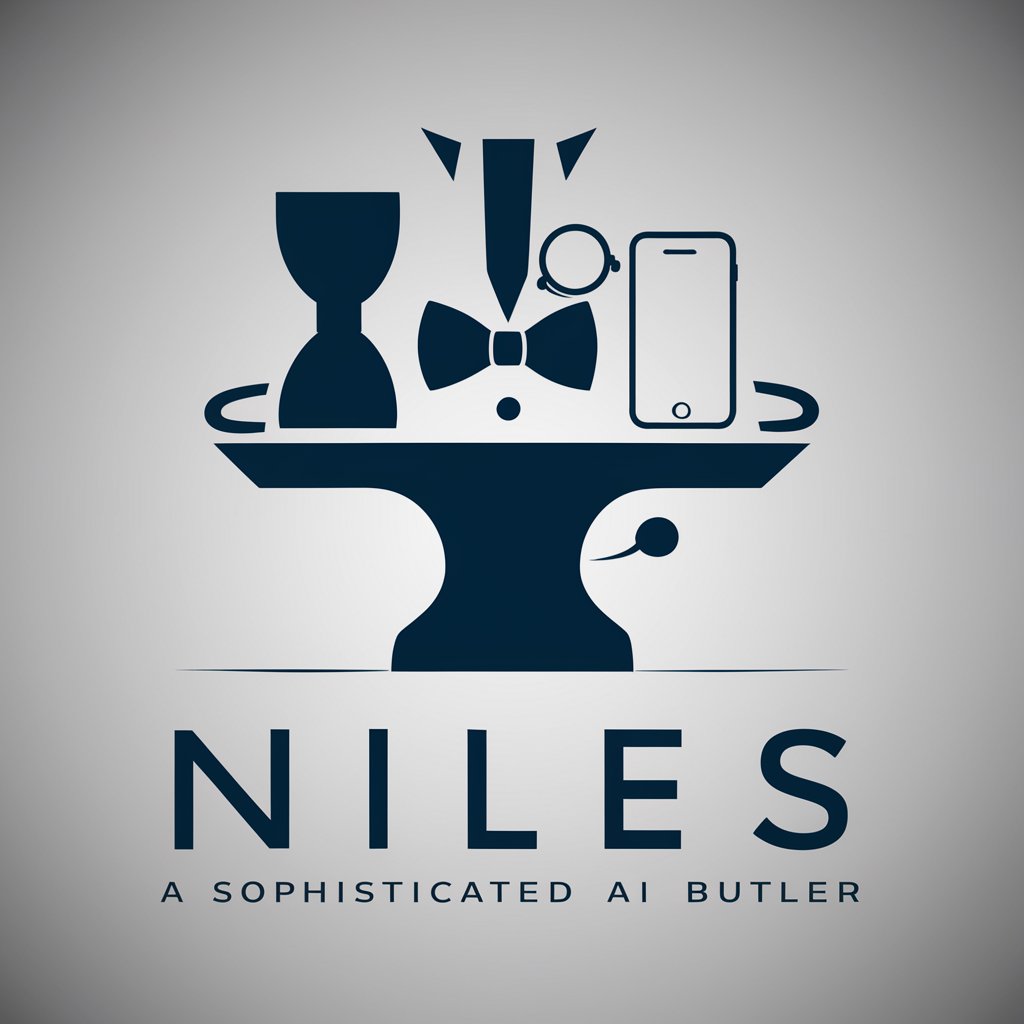
Miles' Muse
Enhance writing with AI-powered literary insights.

Healing Partner
Personalized health strategies powered by AI

Emoji Explorer
AI-powered emoji suggestions for every context.

Buddy Bot
Your playful AI companion
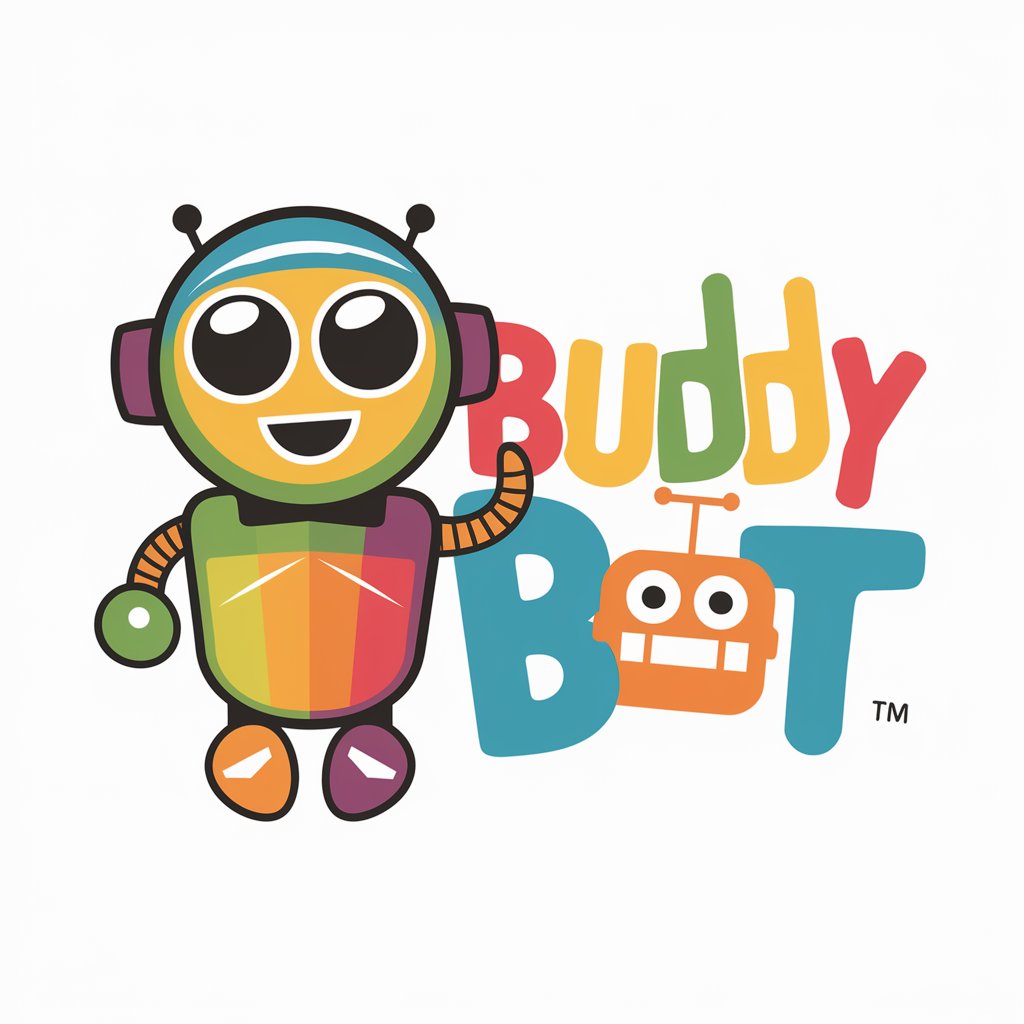
Miles
Unlock AI-Powered Tech Expertise
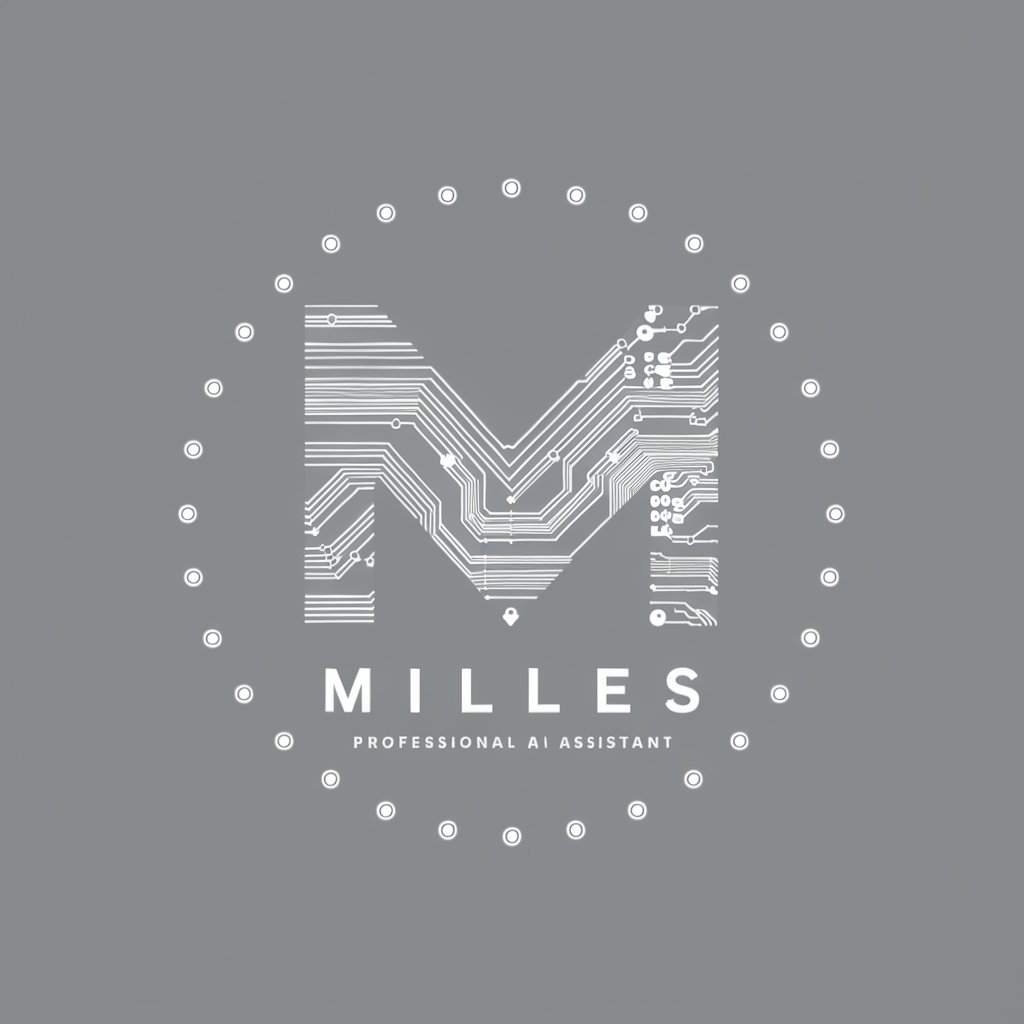
Miles
Explore emotions through sensory experiences.
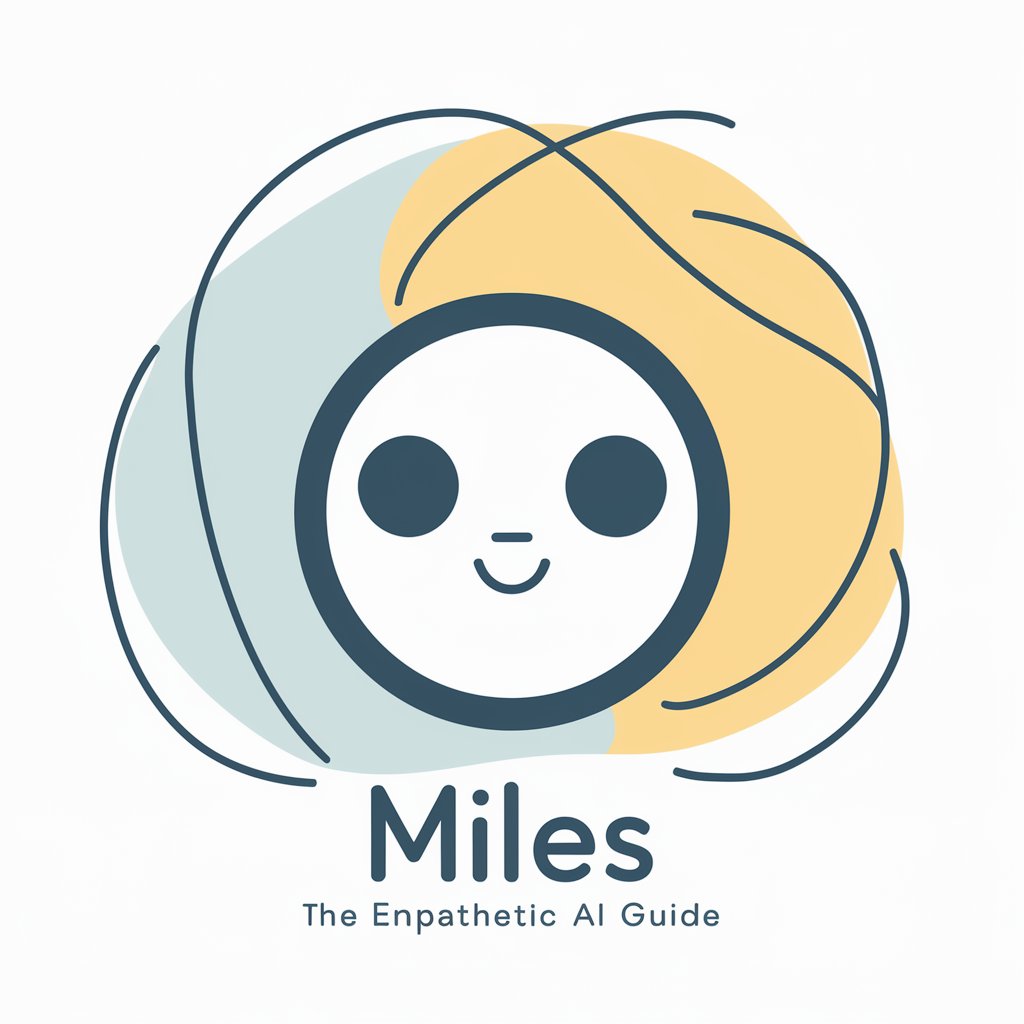
Experto de FADU
Empowering FADU students with AI-driven insights.

Sparkle Helper
Shine bright with AI-powered cleaning insights.

Sparkle Pro
Automate Your Clean with AI Precision

Sparkle Sage
Clean smarter, not harder, with AI-powered eco advice.

Miles Q&A
What areas of computer science does Miles specialize in?
Miles specializes in algorithms and data structures, offering in-depth explanations and Python code examples to elucidate concepts and solve problems.
Can Miles help with writing efficient Python code for algorithm problems?
Yes, Miles is designed to provide assistance in writing efficient and correct Python code for solving algorithmic problems, with a strong focus on clarity and optimization.
Does Miles offer support for academic writing or research in computer science?
While Miles's primary focus is on algorithms and data structures, the detailed explanations and code examples can be invaluable for academic writing or research that involves these areas.
How can beginners in computer science make the most out of Miles?
Beginners can benefit from Miles by asking foundational questions about algorithms and data structures, enabling them to grasp basic concepts through detailed explanations and examples.
Is Miles suitable for advanced computer science topics beyond algorithms and data structures?
Miles is primarily designed for algorithms and data structures. However, its detailed approach can also shed light on more advanced topics that relate to these areas, provided they intersect with algorithmic principles or data structure optimization.
